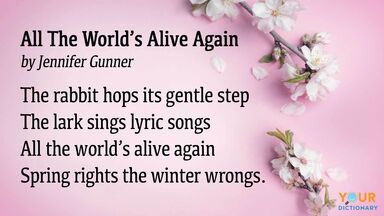Now Definition
(archaic, law) At the time the will is written. Used in order to prevent any inheritance from being transferred to a person of a future marriage. Does not indicate the existence of a previous marriage.
Other Word Forms of Now
Noun
Idioms, Phrasal Verbs Related to Now
Origin of Now
-
From Middle English now, nou, nu, from Old English nÅ« (“now, at present, at this time, immediately, very recently"), from Proto-Germanic *nu (“now"), from Proto-Indo-European *nÅ« (“now"). Cognate with Scots noo (“now"), Saterland Frisian nu (“now"), West Frisian no (“now"), Dutch nu, nou (“now"), German nu, nun (“now"), Swedish nu (“now"), Icelandic nú (“now"), Latin num (“even now, whether"), Latin nunc (“now"), Albanian ni (“now"), Lithuanian nù (“now"), Avestan [script?] (nÅ«, “now"), Sanskrit नु (nu, “now").
From Wiktionary
-
Middle English from Old English nū nu- in Indo-European roots
From American Heritage Dictionary of the English Language, 5th Edition
Related Articles
Now Is Also Mentioned In
Find Similar Words
Find similar words to now using the buttons below.





